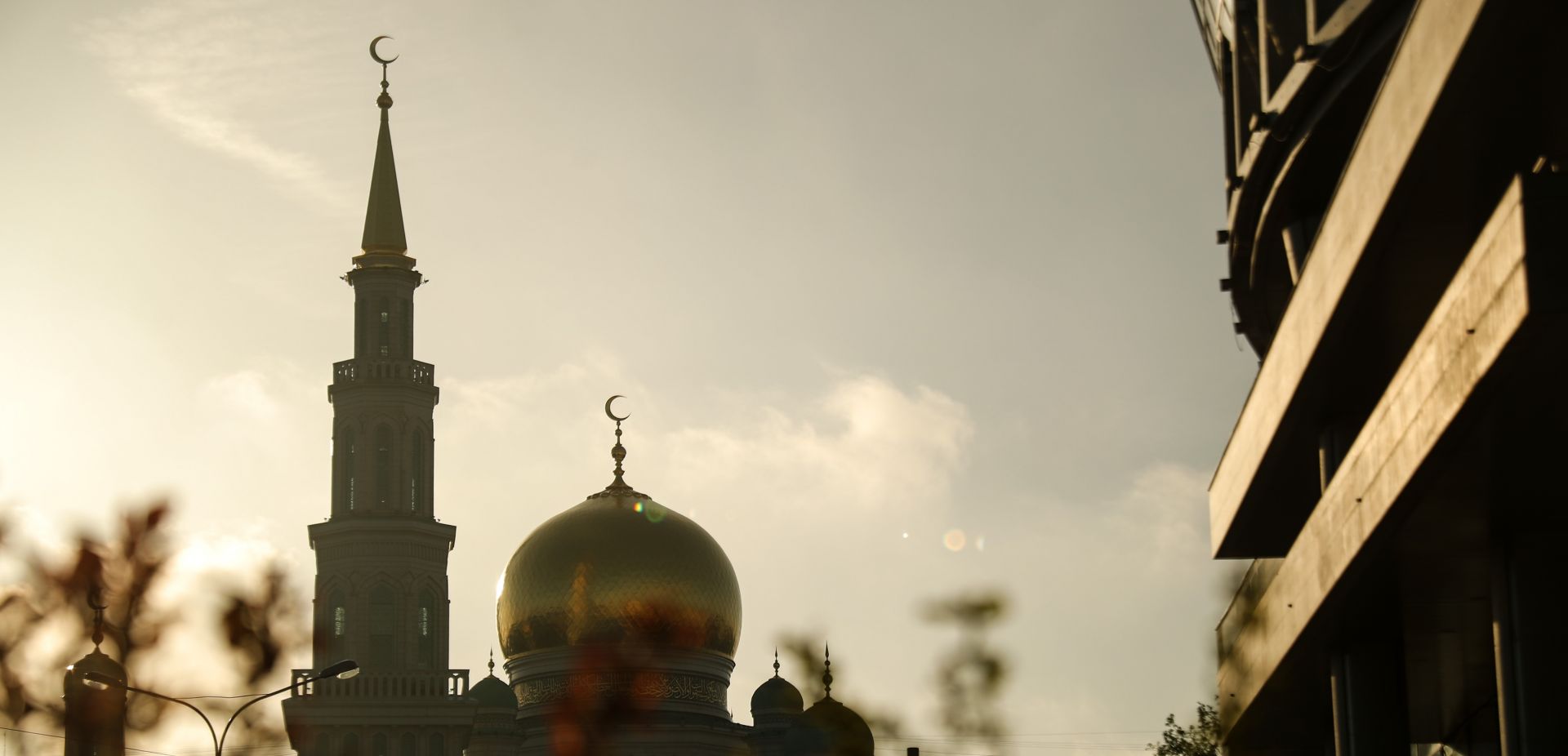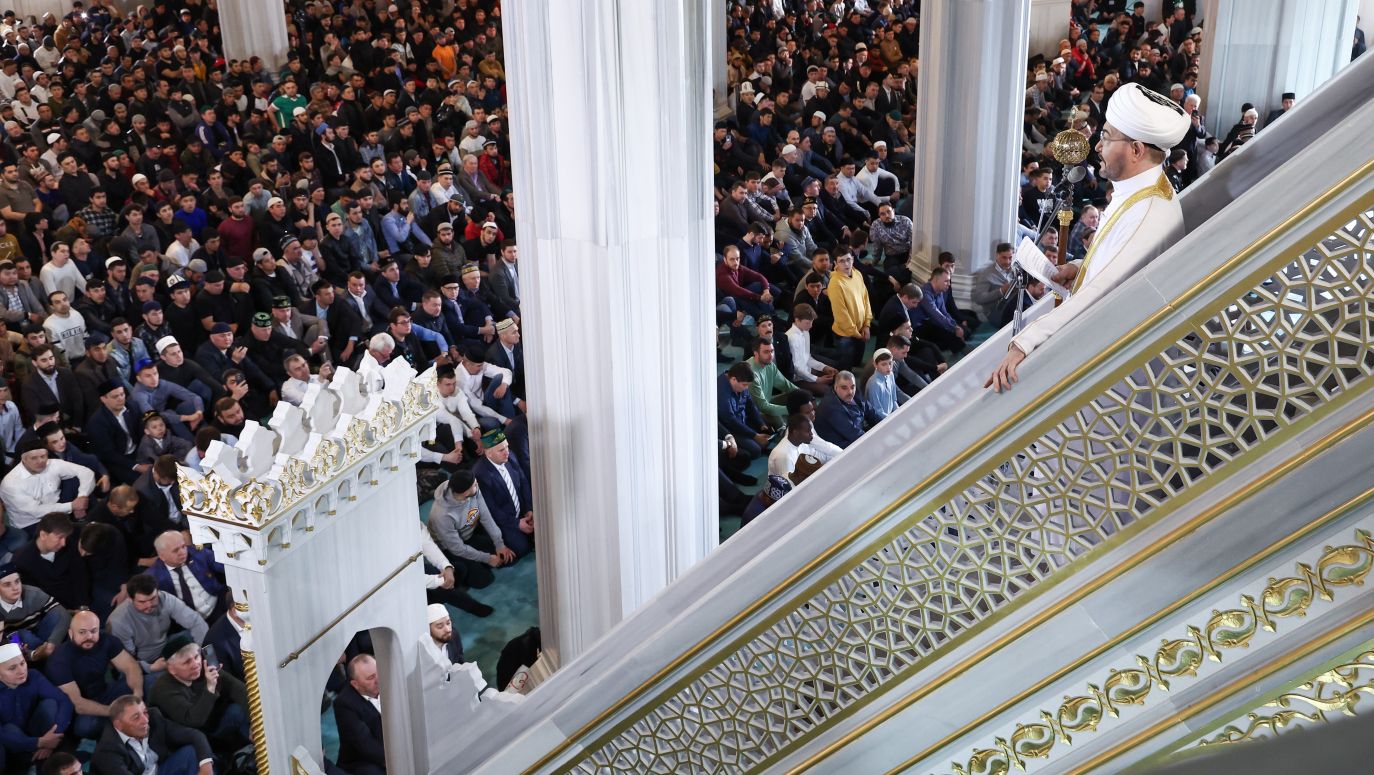Islamization is particularly prevalent in major Russian cities, where it’s not so much the Muslims who have been in Russia “forever” that catch the eye, but immigrants from republics with a predominant Muslim population and countries that were once part of the USSR and are now independent. The reason for immigration to Russia is, of course, economic, and the inevitable cultural clash becomes mandatory once immigrants feel stable in their new environment.
Moscow authorities were initially opposed to the construction of new mosques, even the one from 2015. Immigrants will work and then return to their countries, it was thought. They’ll work, but they will do everything not to return, as reality has shown. Work permits are required for those from the former republics of the Soviet Union that are formally independent; local Muslims like the Tatars or Chechens don’t need them. Neither do newcomers from Kazakhstan and Kyrgyzstan as member states of the Eurasian Economic Union.
 SIGN UP TO OUR PAGE
SIGN UP TO OUR PAGE 
It’s unclear how difficult it is to get a visa in Russia, commonly referred to as a corrupt country. Those eager, manage – in Moscow, you can see not only guests from Kazakhstan or Uzbekistan but also – recently and so far in small numbers – from Afghanistan. The Russian economy needs them, and they do jobs that native Russians don’t want to do.
In Russia, the reason for accepting immigrants is similar to that in the West, but – as was emphasised for a time – there’s no ghettoization here and the associated crime and functioning of Muslims almost outside the law of the host country – sharia is a different matter – as is the case in many places in the West.
If an average was taken of all Muslims living in the Russian Federation, then some time after the fall of the USSR, the situation might not have seemed alarming. But if you look separately at the major cities and distinguish between Muslims who have been locals for centuries and newcomers, the situation should have been concerning for a long time.
The problems are caused by newcomers from outside the Russian Federation. Classic issues like drugs, fights, robberies, and the unacceptable treatment of women, not just Muslim ones, but all with whom the newcomers come into contact. Authorities might have turned a blind eye and at least not noticed that publicly until this spring.
In May, residents of Kotelniki, a town from the so-called belt of Moscow, i.e., a group of towns surrounding the capital, recorded a video addressed to President Vladimir Putin, complaining about living conditions caused by the increasingly immigrant nature of the city and its surroundings. It’s no surprise when a Russian in the centre of the country should communicate in Farsi or a language from the Turkic group instead of Russian. Nearby was a large bazaar where Muslims traded and settled with their families in Kotelniki. Crime surged, and after dark, it was unsafe to go out if you were a white Russian. Harassments and vulgar words from newcomers were common in broad daylight. Russian children had nowhere to play and engage in sports because the public facilities were taken over by the newcomers.
This was accompanied by previously unknown dirt and disorder. In the tower blocks, there were illegal prayer houses, which caused the gathering of newcomers, taking over courtyards, and children, especially girls, had to go to school by roundabout routes and preferably escorted by adults. Life for Russians in Kotelniki became unbearable and simply dangerous.
Until the Moscow authorities banned ritual slaughter in the city’s backyards, Muslims would slaughter goats and sheep, even concerning the cathedral mosque located in one of the central districts surrounded by dense urban development. The same was true in Kotelniki, where many spaces between tower blocks became slaughterhouses during significant Muslim holidays.
All this was told to the President of Russia by the residents. Whether Putin saw the video is unknown, but someone from the highest authorities saw it and, probably with the approval of the Russian president, Kotelniki saw the deployment of strong police and FSB units.


 SIGN UP TO OUR PAGE
SIGN UP TO OUR PAGE 




